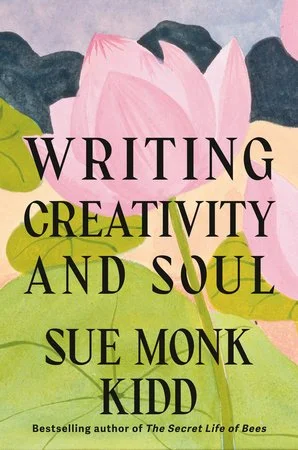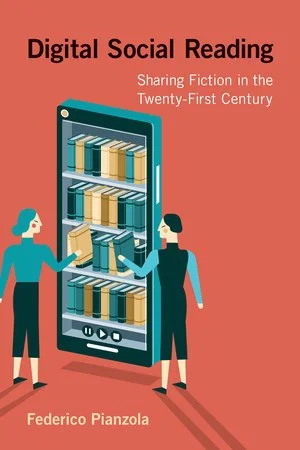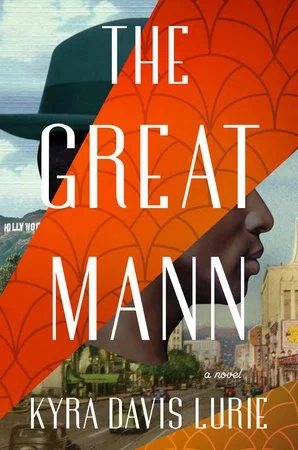What I Presented, Learned, and Added to My TBR at NCTE 2025
Yesterday wrapped the 2025 National Council of Teachers of English Annual Convention! It was a long but joyful conference, and I had the privilege to present on three of the four days. In this 3 x 3 post, I want to share what I presented, what I learned, and what I can’t wait to read when I get home.
Three Things I Presented
I was booked and busy at this conference, leading a half-day workshop on Thursday, giving a talk on a panel on Friday, and presenting a remediation activity through the Classroom Idea Exchange on Sunday (as you can probably assume, I need a nice long nap!).
My workshop “From Goals to Graphics: Using Creative Tools to Visualize Curricular Trajectories for Students” empowered faculty to produce creative, student-facing visuals of their courses’ curricular trajectories to foster productive conversations about learning outcomes, transfer, and growth mindset.
In my talk “Creativity as Literacy: The Art of Reading & Responding to Fiction with Digital Design Tools,” I shared my approach to centralizing creativity as a literacy in my intensive writing classes. I focused on the unit in my Intro to Fiction course where we use Kate Chopin’s The Awakening to explore creativity as a liberating force that anyone can cultivate. In addition to walking the audience through how I use analog strategies, like the erasure college, to make space for low-stakes creative play, I shared the major assessment of this unit, the multimodal book cover design project, which you can read more about in this previous blog post.
Finally, I was excited to show off the great work my students are doing in my digital projects composition course as they learn to use Adobe Express to create graphics and remediate core course texts. If you missed the Classroom Idea Exchange and want to learn more about this great beginning of the semester activity, you can download a copy below.
Three Things I Learned
My favorite individual presentation of the convention was “Entangled Dreams: Collaborative Book Reviews as Transformative Teacher Education” by Dr. Teaira McMurtry (University of Alabama at Birmingham) and her honors education student, Marianee Pichardo-Luna.
This presentation alone was worth the price of admission. The duo shared their approach to co-authoring a book review, which is structured as a simulated dialogue before the traditional scholarly book review begins. I got so many amazing ideas for adapting this for the Advanced Expository Writing course that I am teaching in the spring.
I attended a session on design thinking and real-world projects facilitated by Rachel Davis-Piper, and one tip she gave was when asking clients or community partners for projects for students, ask for the tenth thing on their to-do list. That ensures the experiential/service-learning project isn't too high-stakes, so students don’t live in fear of messing up.
I’m always gathering quick tips from established writers to share with my students. While I often talk about or model my own writing practice, it’s great to share all of the great things I’ve learned or been reminded of from other writers. Here are some of my favorite timely tidbits that I’ll be passing on once classes start back up:
There is a lot of value in prompting yourself to articulate the various internal and external factors that challenge or impede your writing process. Is it inner disorganization? Distraction? Feeling rushed? Not creating enough time to sit with the research? This will be a good exercise for my students next semester before they begin their “Why I Write” pieces.
One thing I need to encourage my students to do more of is to make an exhaustive list of the questions they need to answer at the start of a research project. While I assign students various tailored pre-writing prompts for homework, I want to create more space for individual and collaborative “who, what, when, where, why, what if?” questioning in class because students will be inspired by the types of questions their peers are asking. I can also model the types of questions I write for myself any time I begin a new project. Pulling in some of my process work on my writing about Mary Blair, for example, would be great for this!
And, finally, from keynote speaker Percival Everett, loosely paraphrased: the authority of the writer is a myth & the idea that the writer definitively knows what the book means is BS.
Bonus: I loved seeing the various ways writers promote their work. Forget business cards: create bookmarks with a QR code to your website and pictures of your different book covers!
Three Things I Can’t Wait to Read
I added so many excellent new, forthcoming, and long-beloved books to my TBR list during the convention. Here are three I picked up that I can’t wait to read over the holidays.
Now it is time to relax and enjoy a much-needed break. Happy Thanksgiving, everyone!




